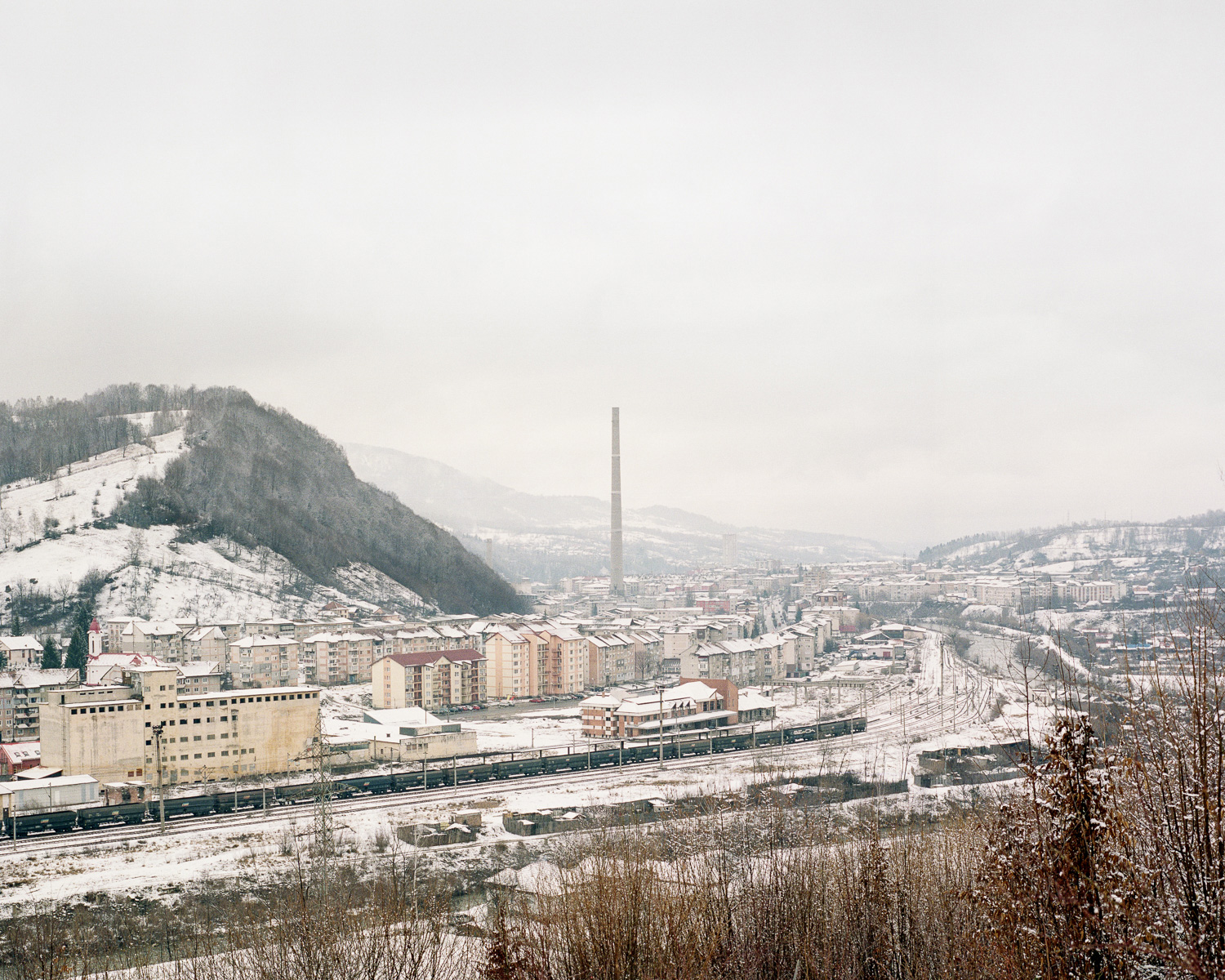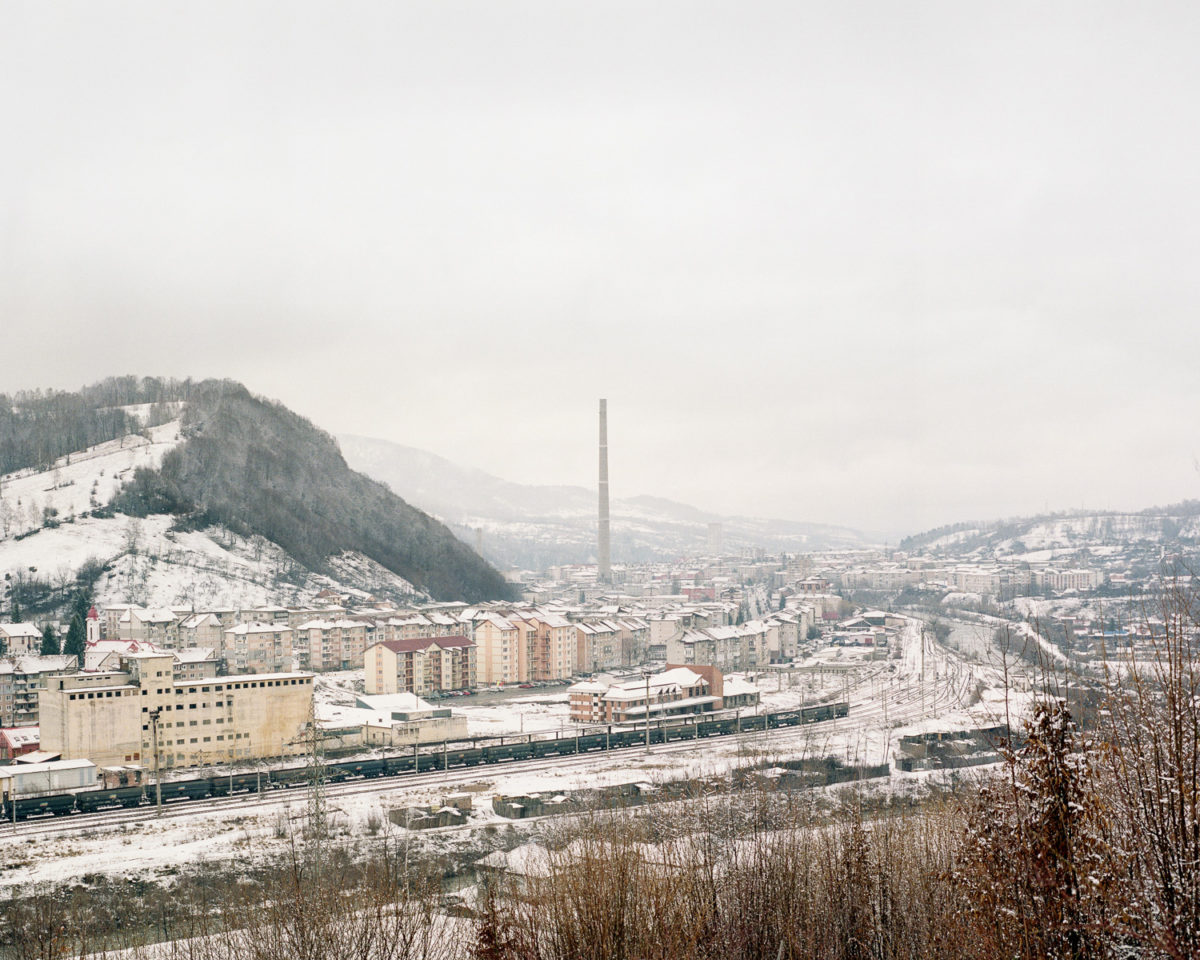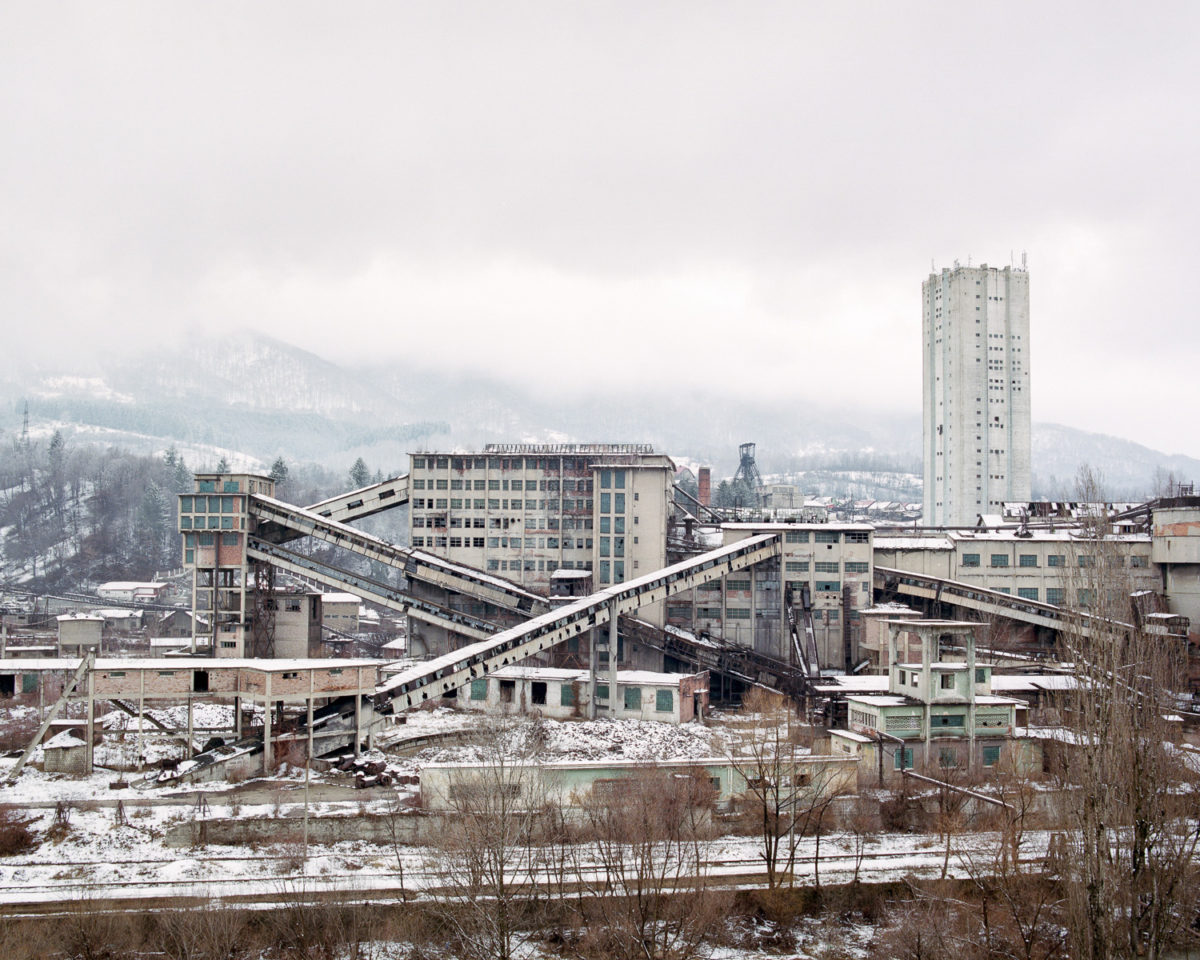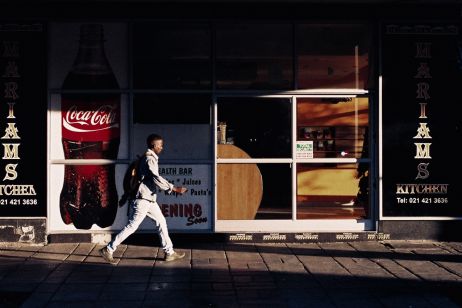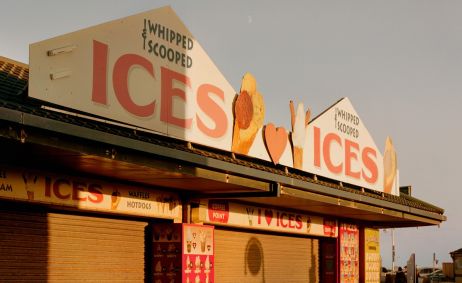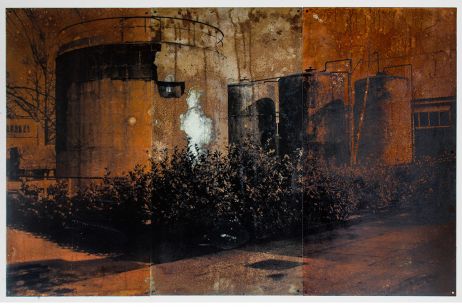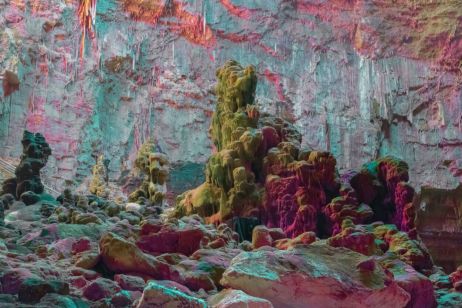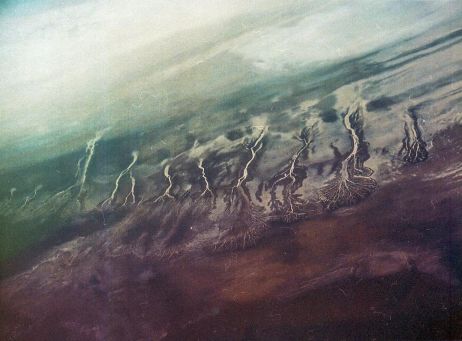Fisheye’s readers already know Kevin Faingnaert, this 32-year-old Belgian photographer whose work on European wrestlers we published, and whose images from the Faroe Islands we exhibited last year. His new series immerses us into the Jiu Valley, in Romania, where he discovered the coal mines which made the country proud during the Communist era. Those same mines which will be closed by the end of the year, following an environmental guideline from the European Union. La Vallée de Jiu (Jiu Valley) will be displayed at the Fisheye Gallery from October 31st.
Kevin Faingnaert studied psychology. A key fact in order to understand this young Belgian photographer’s approach. The artist is interested in communities living on the margins of society, and tries to draw their portraits with his camera. His social documentaries describe, with finesse, the links uniting people, objects and landscapes. This process can be found again in Kevin Faingnaert’s new series, produced in Romania, where he strode across the Jiu Valley – situated at the heart of the Carpathians, in Transylvania – for a month. “Romania is a European country, just two-hour’s flight from Belgium, yet this is a whole other world”, the photographer tells us. There, he studied the coal mines that shaped the country’s history during the last 40 years of the Communist era. “Those cities were built from scratch, for the coal industry especially. I wanted to document what they created, and what they are about to lose”, Kevin adds.
Landscapes with no perspective and empty gaze
In 1979, the mines employed more than 179 000 miners. Today, they are only 10 000 left and five mines are still working. The archaic technology, the bad labour conditions and the European Union’s guideline (aiming to reduce the impact of global warming, and to develop sustainable energy sources) forced most of the mines to close by the end of the year. This is this world, on the verge of shattering, that Kevin Faingnaert documented, through his landscapes with no perspective, echoing the miners’ empty gazes. Besides faces and landscapes, he also showed the inhabitants’ homes. “I wanted to meet people in the city’s squares, see the inside of their bedrooms, smell their suppers, hear what their thoughts were, about the future”, the photographer explains. “I quickly understood that the global political and economic situation transformed those mining cities and their histories”.
Kevin’s documentary and frontal approach, mixed with the use of a medium format film camera have gave a rare strength and subtlety to his photographs. They help us feel the nostalgia of those people, some among them being quite destitute. “A lot of old miners steal coal whenever they can to warm up their houses”, the photograph tells us. “Most of the Jiu Valley miners miss the mines”. Kevin Faingnaert also brings up the lost fraternity that some still try to preserve, like Mario, who plays the trumpet in the mine’s brass band, thus keeping in touch with his comrades. In his way, the photographer translates his own empathy towards this world slowly disappearing, like a melody in a minor key.
Private viewing on Monday, October 29th, at the Fisheye Gallery.
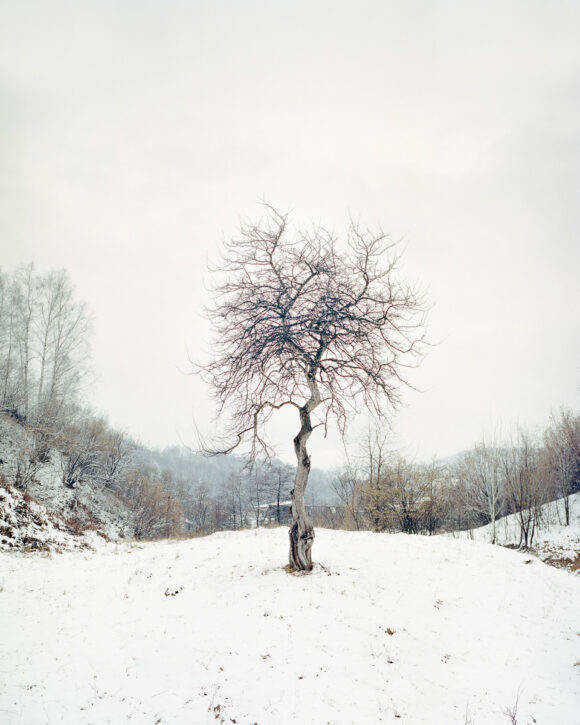
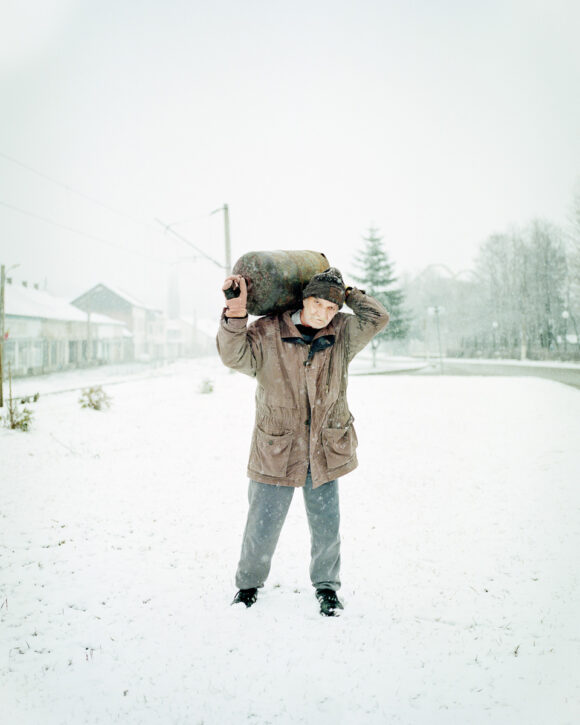
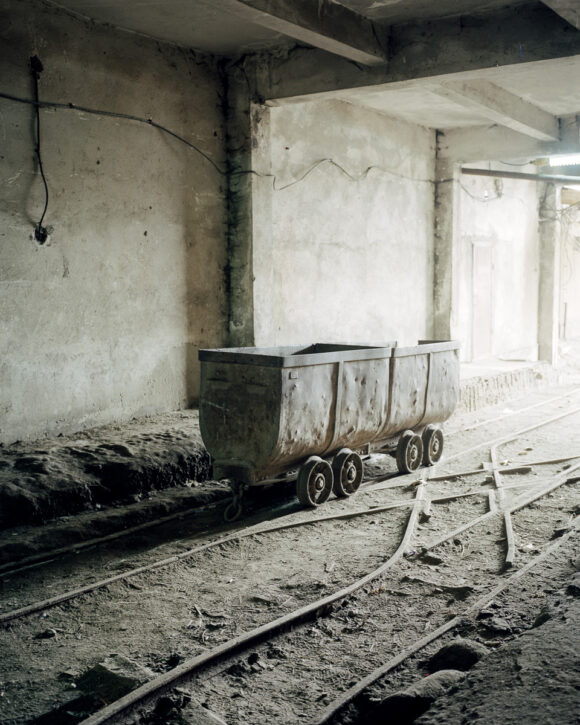
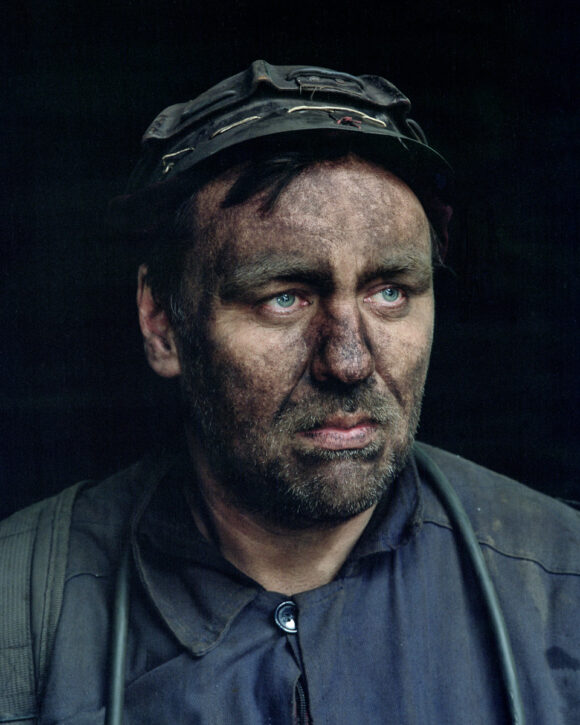
© Kevin Faingnaert
